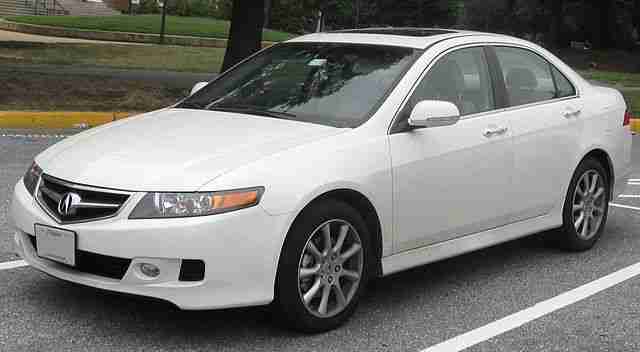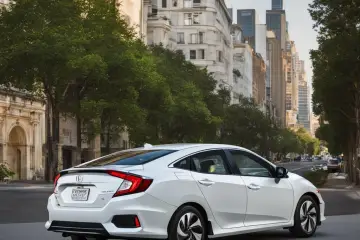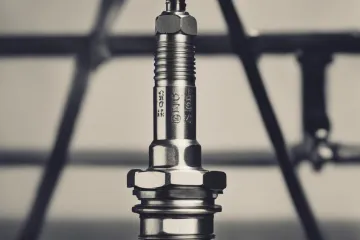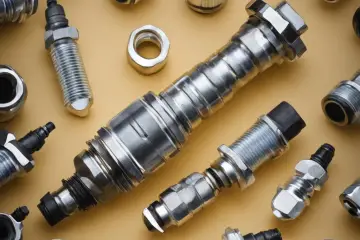Are Acuras Expensive to Maintain?

The prestige of driving and owning a luxury car is a commonly held desire. The designs and brand may vary, but the effect of showing up to a nice restaurant or a business meeting in a high-end car is undeniable. While the desire for ownership is common, most people believe it to be an unattainable dream for two main reasons.
The initial hurdle is the cost to purchase the vehicle itself. Compared to economy-focused vehicles, many luxury vehicles can cost two or three times as much. However, this does not have to be the case. Acura is one of the most respected brands in the luxury spectrum. Despite this, the financing and leasing options often make the purchase opportunities surprisingly attainable. Further, there are excellent values on the preowned market which make the decision almost trivial.
Despite these options, many people have lingering concerns about the ownership experience of a luxury vehicle. The primary concerns are three-fold: cost of maintenance, reliability, and cost to insure. In all cases, Acura seems to offer the perks of a luxury vehicle ownership experience with none of the drawbacks.
Are Acuras Expensive to Maintain?
Are Acuras Reliable?
 The low cost of maintenance is not the only reason to consider making an Acura your next car. Beyond being a great deal to buy and maintain, Acuras are some of the most reliable vehicles on the road. Whereas a typical vehicle may be nearing the end of its life by 150,000 miles, it is routine to see older Acuras racking up mileage well above 300,000. This longevity is due once again to the developmental skill of the underlying brand, Honda. For decades, Honda has focused its efforts on refining their designs and manufacturing processes to ensure that Hondas, and thus Acuras, are unflappably reliable.
The low cost of maintenance is not the only reason to consider making an Acura your next car. Beyond being a great deal to buy and maintain, Acuras are some of the most reliable vehicles on the road. Whereas a typical vehicle may be nearing the end of its life by 150,000 miles, it is routine to see older Acuras racking up mileage well above 300,000. This longevity is due once again to the developmental skill of the underlying brand, Honda. For decades, Honda has focused its efforts on refining their designs and manufacturing processes to ensure that Hondas, and thus Acuras, are unflappably reliable.Are Acuras Expensive to Insure?
What Factors Go Into Insurance Costs
The primary consideration any insurance company will make when calculating a premium is the driver themselves. Of course, the car is also a large factor. So what makes a car more or less expensive to insure? Many people incorrectly believe that the cost of insuring a car is directly proportional to the cost of the vehicle. While this can impact the rate somewhat, it is not the driving force.
Insurance companies also consider the reliability of the car, the depreciation, and the safety rating. In all of these categories, Acuras are well-staged to receive low premium quotes. Because of their excellent reliability and low depreciation, insurance companies are often able to offer much lower rates as compared to other makes. Further, Acura routinely leads their class in terms of safety ratings. In fact, the bulk of Acura models receive almost universal 5-Star crash ratings in NHTSA testing. This focus on safety naturally leads to fewer injuries, which in turn reduce insurance payouts. These savings are then passed on to the vehicle owners by way of lower premiums.
Lastly, the typical adage of “sporty cars are more expensive to insure” holds true, but Acura has managed to duck this stigma. Acuras often lead their class in all manner of performance metrics. In short, the average Acura is an extremely driver-focused and rewarding machine to drive. Despite this, Acura has maintained a reputation as a sensible and practical choice. Thus, owning an Acura affords the owner the best of both worlds: great performance and low insurance costs.












No Comment